Tuesday, April 23, 2024
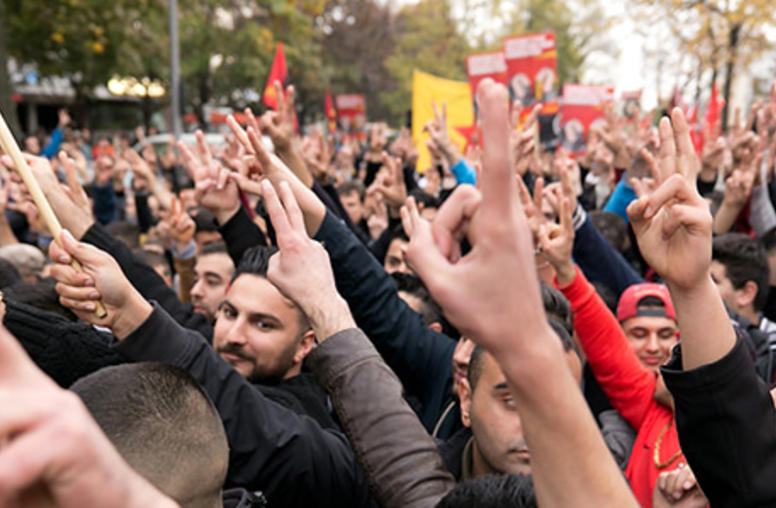
Defeating ISIS Through Civil Resistance?
The extremist group ISIS exhibits attributes of both an insurgency and a totalitarian regime. Even top U.S. generals acknowledge that military force alone is insufficient to degrade, much less defeat an organization that rules an area larger than the United Kingdom. ISIS will only be weakened through a multifaceted strategy combining diplomatic, economic, political and other means. Organized civilian action that aims to disrupt and deny the group’s key sources of power could be a critical par...
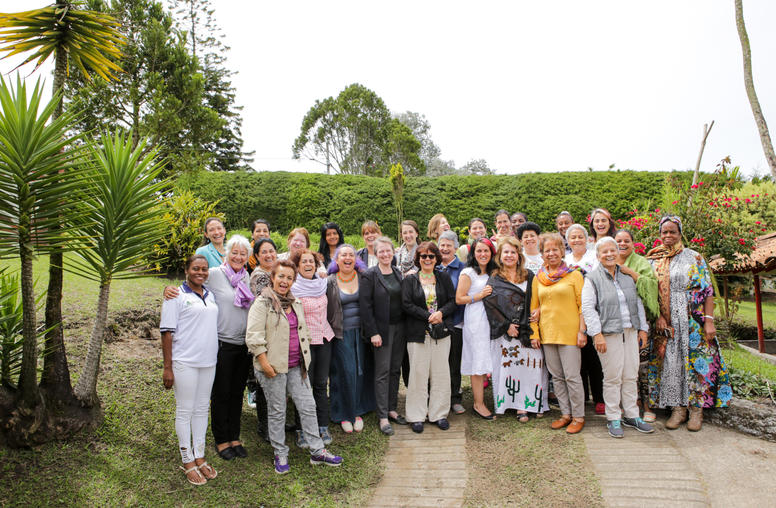
Colombian Women Mediators Prepare to Support Peace
As negotiators for the Colombian government and the FARC rebel group iron out the final details of a potential peace accord, USIP is working with a network of 30 women mediators from a dozen regions of Colombia who are preparing to serve as catalysts for reconciliation in the aftermath of an agreement.
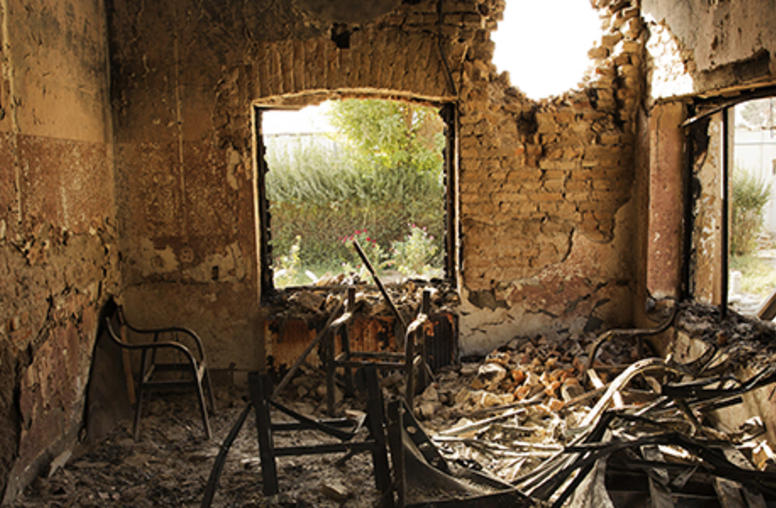
Violent Extremism & Human Rights: A Path to Prevention
From Orlando to Brussels to Baghdad to Jakarta, few regions of the world have been spared the violence generated by those who see value, meaning and opportunity in joining and supporting groups like ISIS. There is growing international resolve to develop joint and sustainable ways to address the transnational threat of violent extremism. Notably, human rights are increasingly seen as critical and pragmatic components—as part of the solution, not an objective that must either be accommodated o...
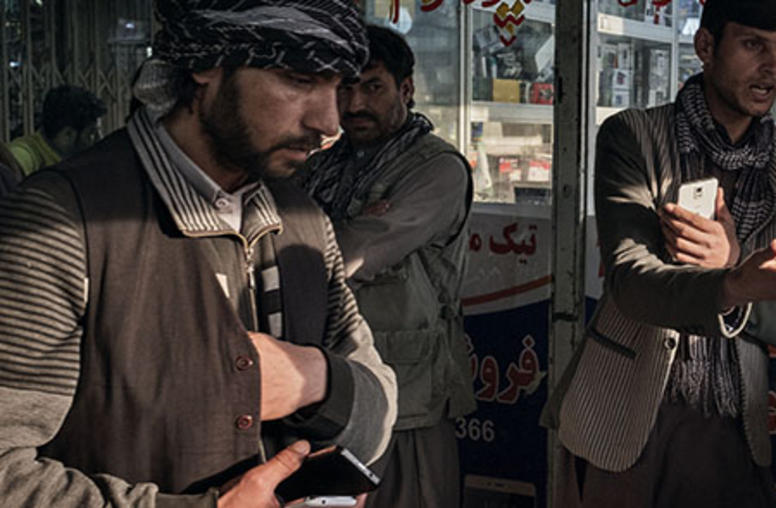
Afghanistan’s Rapid Revenue Growth
Afghanistan’s impressive revenue turnaround in 2015—when total government revenue exceeded expectations with an increase of 22 percent—has been followed by further rapid revenue growth in the first half of 2016. This represents an important achievement in the challenging context of Afghanistan, though the country will remain heavily aid dependent for the foreseeable future, underlining the importance of the upcoming Brussels international donor meeting on Oct. 5. There are concerns, however, ...
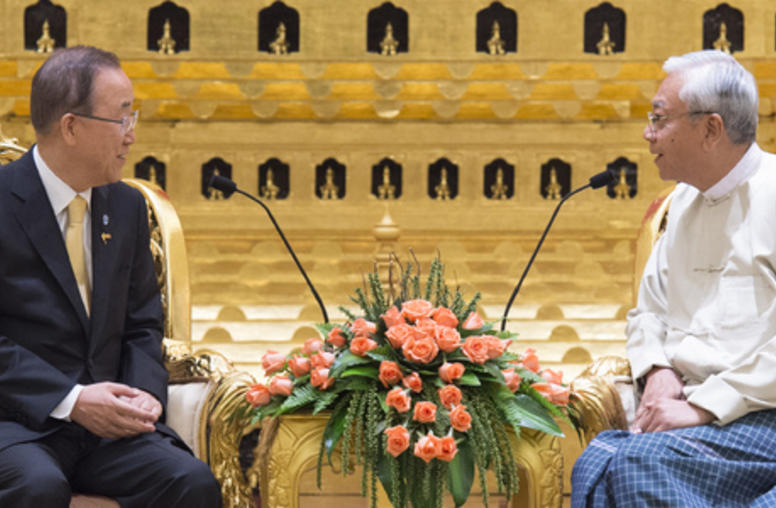
China’s Role in Myanmar’s Peace Process
Myanmar’s new leader, Daw Aung Sang Suu Kyi, has made the country’s peace process one of her top policy priorities—and China is taking steps to support her efforts. The Chinese government has positioned itself to become a prominent player in the peace talks in Myanmar, and this week’s session provides a particularly good opportunity to examine the kind of role that China might play and the extent to which Beijing is willing—and able—to use its leverage over ethnic armed groups to help advance...
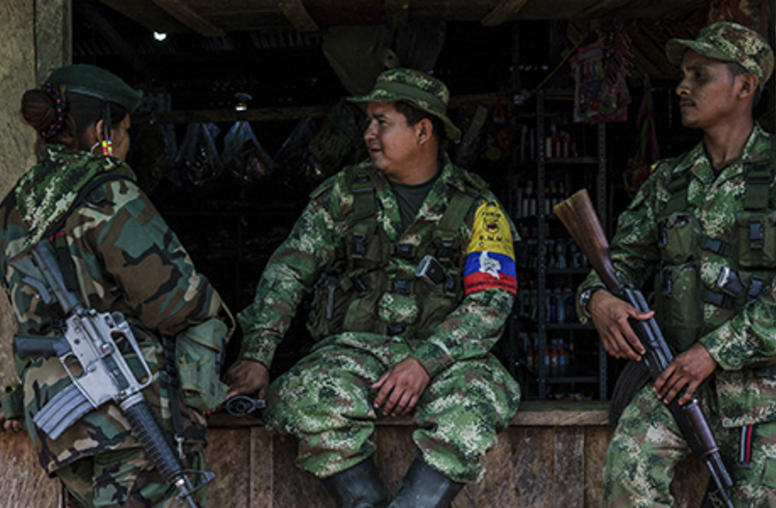
Colombian Rebels, Government Push Moves Ahead of Vote
Colombian rebel troops are heading to decommissioning centers and minors are set to leave guerrilla ranks on Sept. 10, as the government and the Revolutionary Armed Forces of Colombia (FARC-EP) begin implementing their peace accord ahead of an Oct. 2 plebiscite on the deal.
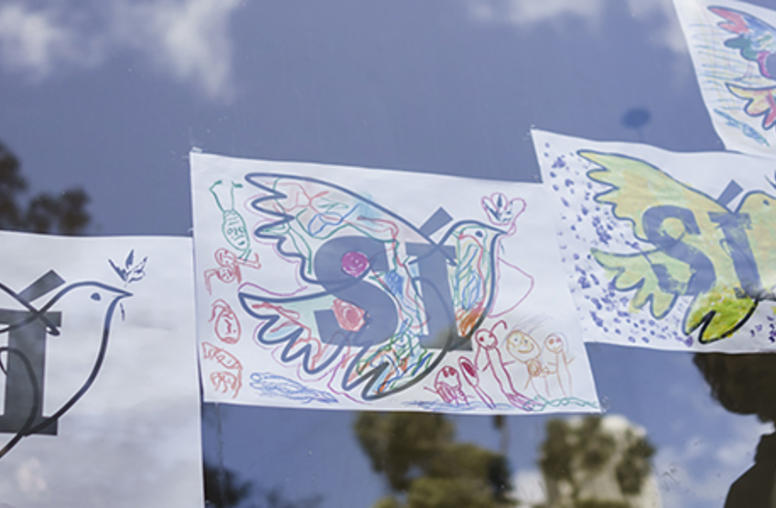
The Accord: Colombia’s Commitment to Peace
There are landmark moments in the history of a nation that transcend borders and herald a new vision for the future. The signing of the peace accord in Colombia represents such a moment. If the Colombian people ratify the Havana peace agreement in the plebiscite scheduled for October 2, it will be the beginning of a transition that finally puts decades of war behind and opens the way to genuine peace. It will be mined across the globe for lessons that might apply to other intransigent conflic...
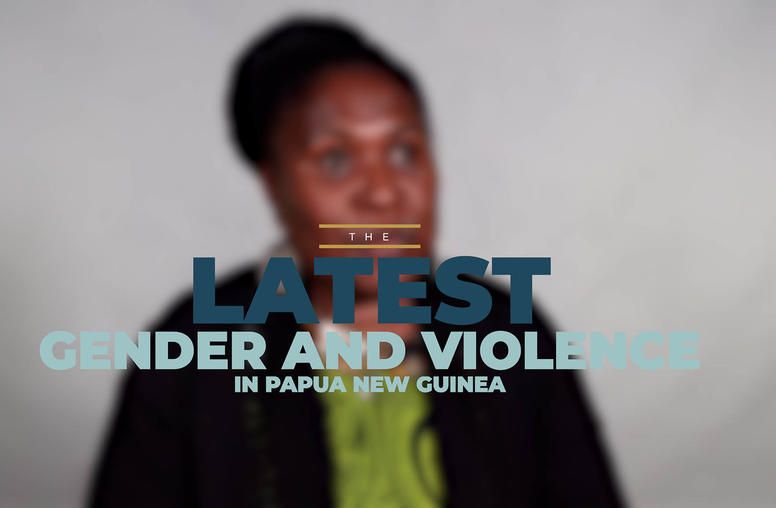
The Latest: Gender and Violence in Papua New Guinea
In addressing violence in Papua New Guinea, most programs seek to work with survivors. However, to prevent the recurrence of violence — especially gender-based violence — it’s important to address the harmful attitudes that drive it. USIP’s Ruth Kissam and Zuabe Tinning discuss how a USIP program seeks to reorient men’s perspectives in Papua New Guinea toward championing equal participation for women in decision-making processes and repairing the damage caused by harmful and violent behaviors in their communities.

The Latest @ USIP: Healing the Legacies of War in Vietnam, Laos and Cambodia
Over five decades later, the legacies of the Vietnam War still impact Vietnam, Laos and Cambodia and their relations with the United States. But concerted efforts to promote justice and reconciliation have begun to address the collective trauma the war left behind — and in doing so, have turned what was once a major obstacle for U.S. engagement in Southeast Asia into one of the most remarkable stories of humanitarian cooperation in the 21st century.

Ask the Experts: How Post-War Commemorations Can Impact Peace
The current approach to peacebuilding tends to focus on the drivers of conflict — by understanding what’s causing violence, mechanisms can be put in place to stop it. But that is only one part of peacebuilding, and a current dilemma facing the field is how to navigate the emotional aftermath of a conflict, where the warring parties might have different recollections and understandings of historical events. USIP’s Andrew Cheatham spoke with Seton Hall University Professor David Wood, the co-author of the “Ethics of Political Commemoration: Towards a New Paradigm ” who is also a senior researcher at Geneva Graduate Institute, about how this issue manifests in the practice of post-war commemorations and what the peacebuilding field can do to facilitate commemorations in a way that is more likely to lead to a peaceful future.
